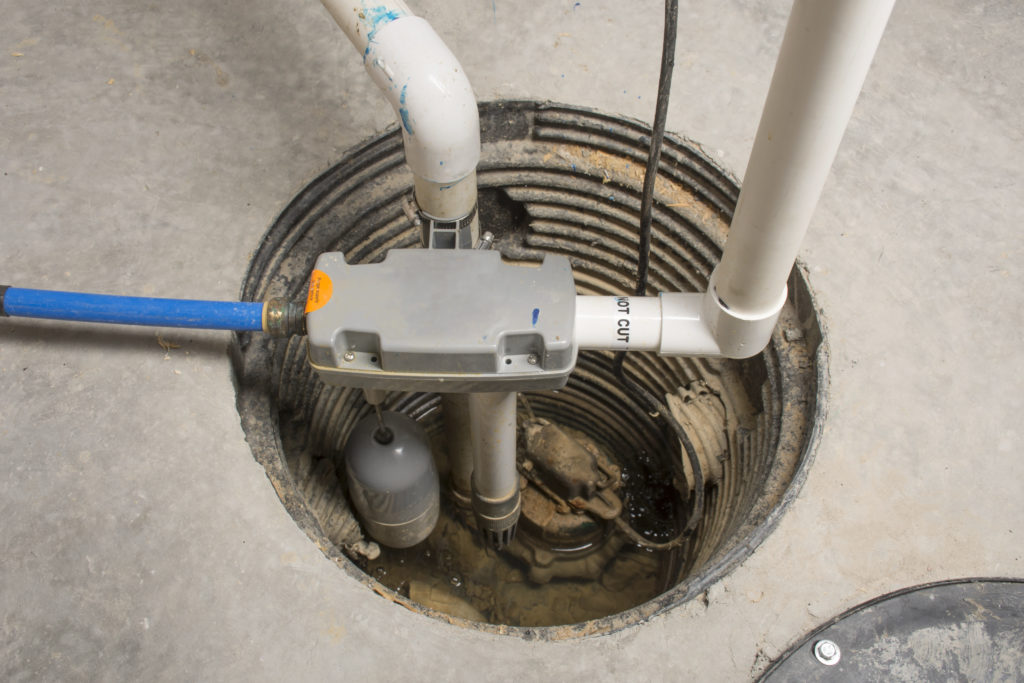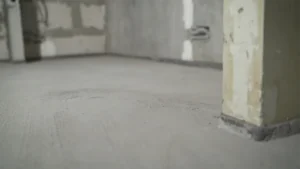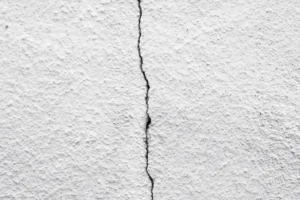What is a Sump Pump?

It is a common practice to use sump pumps in order to move large volumes of water from one area to another. There are many types of water dispersing pumps that can be used. One of the most popular types of pumps we use is a submersible pump. These pumps are installed in a sump pump pit and are connected to electricity by a cable. When your sump pump float switch engages, it directs the water to the drains so that your home remains dry as the pit fills up with water.
Do You Need a Sump Pump with a Slab Foundation?
Despite having a slab foundation, many homes still suffer flooding problems, just like those with basements or crawl spaces. It is not uncommon for slab homes that are built near the coast, large bodies of water, or at the bottom of a hill in a cul-de-sac to flood. When extreme weather conditions occur, runoff from the yard can overwhelm the yard and become deeply rooted to the point that water can enter through doors and even exterior walls.
Water can be diverted away from the home by installing a waterproofing system with a sump pump on the exterior of the home. As a way to protect the sump pump, putting it in a pit is a great way to keep it safe. For the installation of exterior pumps, it is recommended that exterior electrical wire be used. As much as possible, direct the water from the sump pump to the street or curb when possible.
Gray water and sewage should never be pumped into the sump pump. Generally, gray water is referred to as domestic wastewater that is not contaminated with feces. This type of water should not be pumped into storm drains as it can cause problems with your local municipality and may result in fines or worse if it is pumped into storm drains.
Should I Install a Sump Pump in My Crawl Space?
Our company has been installing sump pumps and waterproofing systems in crawl spaces for many years. A major challenge when it comes to installing crawl space waterproofing is convincing the homeowner that it is a necessity. Flooding is one of the most common problems in homes with crawl spaces. It is important to note that many crawl spaces only flood during certain times of the year.
Seasonal flooding needs to be addressed just like constant flooding in the crawl space. Any type of flooding adds to humidity in the crawl space which leads to mold or wood rot fungus. Long periods of flooding cause problems and is easy to see but even mild flooding can eventually lead to heavy flooding. Installing a sump pump and water management system during crawl space encapsulation is a great way to protect the crawl space and make it worry-free.
Do I Need A Crawl Space Sump Pump If There Is No Standing Water?
If the dirt in the crawl space is lower than the soil outside, a sump pump is essential for any crawl space. It would seem that 99% of crawl spaces that we see require a sump pump and a french drain system based on the crawl spaces we see. As a result of the HUD recommendation, water table issues are being addressed more so than flooding caused by outside foundations. The water table in the crawl space will fill the crawl space even if there is no visible flooding outside if the crawl space is low.
When to Install a Basement Sump Pump
Crawl spaces and basements both require sump pumps. Basements absorb water from high water tables, foundation wall hydrostatic pressure, and failed footer drains. The water in the basement gravitates towards the basement as the rain falls and pools in the yard. A poor yard drainage system and your neighbor’s runoff do not make matters any easier when you have a problem with drainage. When you install a sump pump in your basement, you will be able to redirect the water before it floods your living space as a result.
What Next?
Do you need help with mold removal, crawl space encapsulation, crawl space insulation, vapor barrier, waterproofing, or controlling humidity in your crawl space and you live in New Jersey, Pennsylvania or Delaware? If so, please contact us to schedule your assessment.



